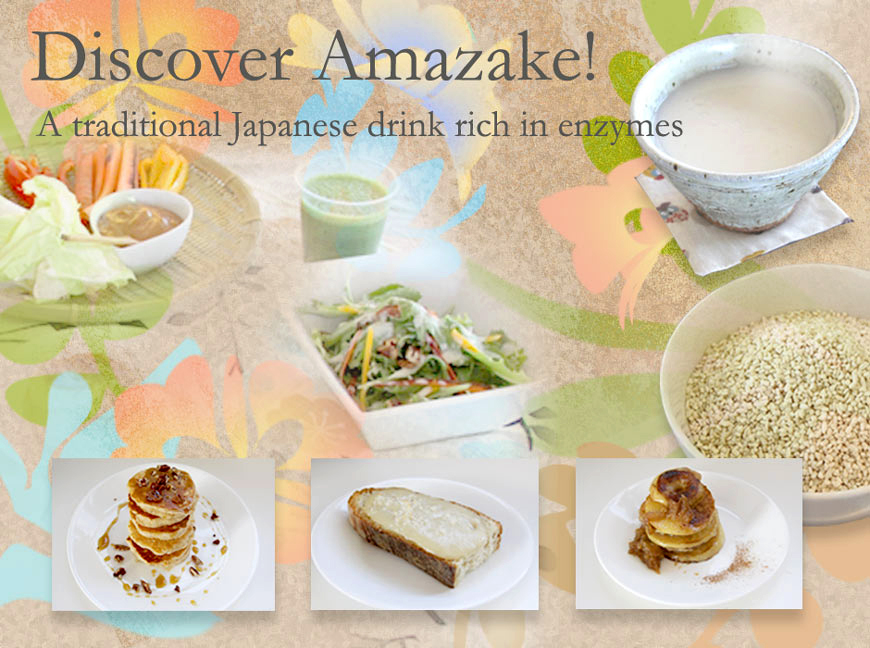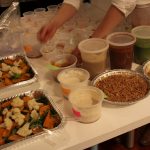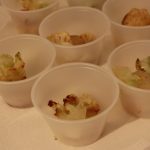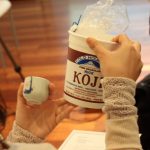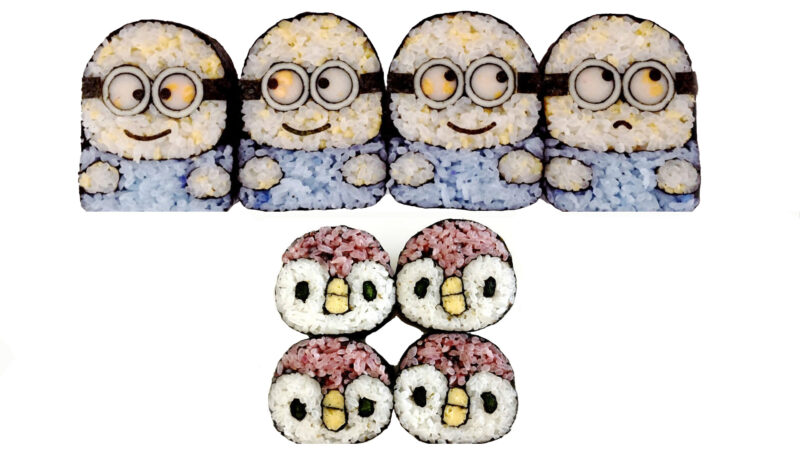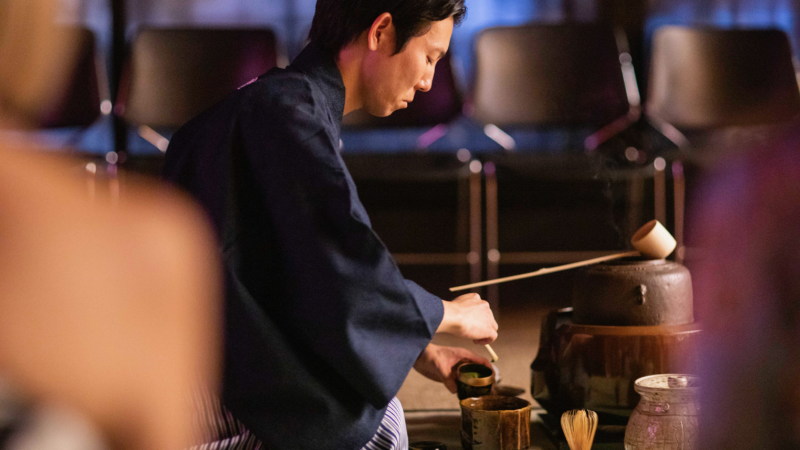Overview
Although Amazake literally means “sweet sake,” it does not contain any alcohol. A deliciously sweet and creamy natural beverage, nowadays Amazake is enjoyed as a warming winter drink . However, during the Edo period of Japanese history (think samurai and geisha), Amazake was enjoyed year round. Children and the elderly drank Amazake to combat the exhausting effects of extreme heat during the summer monsoon season.
Amazake can be thought of as a natural predecessor to today’s energy drinks. It contains so many natural vitamins and nutrients that itis often called a “natural IV drip.”
Amazake is made with koji which is cultured rice that has been incubated overnight to produce a lightly fermented food rich in enzymes and nutrients.
Amazake is easy to make at home. Learn to make your own Amazake to use in cooking and baking – and as a healthy base for your daily smoothie!
In this workshop, you will learn how to make your own Amazake at home.
This event is featured in Queens Chronicle. See the article here at http://alturl.com/ur8p7
This class will cover:
What is Amazake?
History
Nutritional information
How to make Amazake
The difference between homemade and commercially available Amazake
Why is Amazake so healthful?
Healthy digestive tract and immune system
Detoxifying effects
Removing free radicals keeps you looking young
How to make your own Amazake.
Demonstration of how to make Amazake at home
Tasting Amazake and dishes made with it.
Miso Amazake Dip
Amazake Salad Dressing
Amazake Green Smoothie
Fluffy Amazake Pancake
Amazake Toast
Caramelized Amazake Fruites
Amazake Pickles
Gallery
About the Instructor

Natsuko yamawaki
Traditional Japanese Macrobiotic Chef
After studying nutrition and Macrobiotic cuisine in Japan and the United States, Natsuko was the head dessert chef at Souen , the popular downtown Manhattan macrobiotic restaurant. She currentlyprovides lectures, workshops and cooking classes. She has recently started her own company, Hakkoan, and is currently focused on expanding her product line of Koji-based fermented foods.
